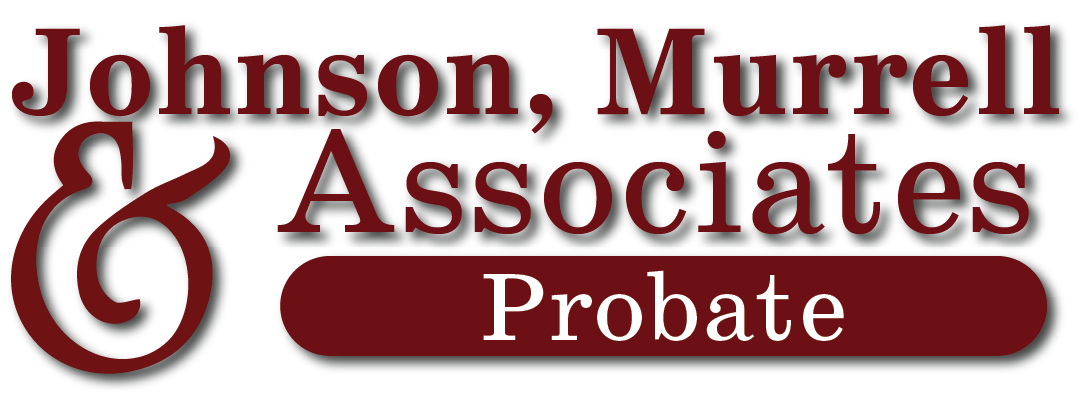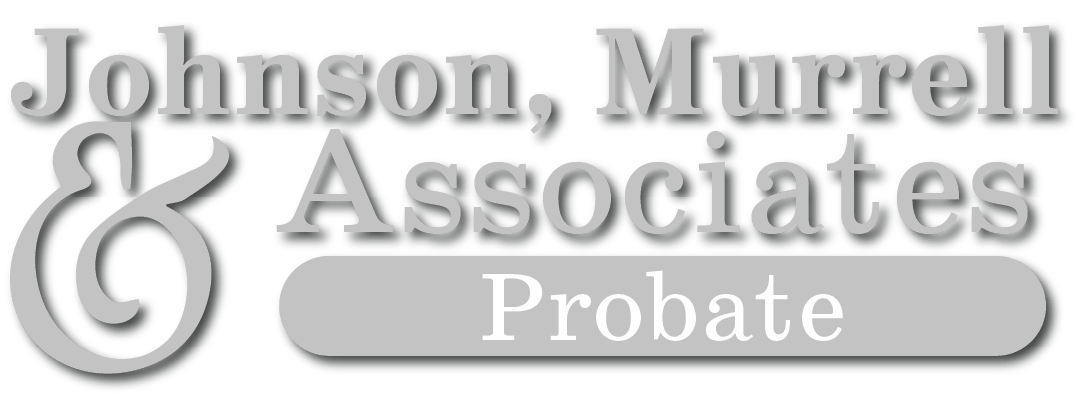Probate is the legal process of administering a deceased person’s estate, ensuring debts are paid and assets are distributed to beneficiaries. Understanding what assets must go through probate in Tennessee is crucial to navigate the process efficiently, avoid complications, and potentially save time and money.
Assets that have to pass through probate in Tennessee include:
- Real estate
- Financial accounts
- Investments
- Tenancy in common assets
- Personal property
What Is Probate Court?
Probate court is the legal process of settling a deceased person’s estate and distributing assets to their beneficiaries. It involves:
- Validating the deceased’s will if there is one
- Identifying and inventorying assets
- Paying debts and taxes
- Distributing remaining assets according to the will or state law if there’s no will
Consisting of about 6,000 annual cases, Tennessee probate courts oversee the process to ensure debts are paid and assets are distributed correctly. The process can be time-consuming and costly, often involving legal fees and court appearances. Proper estate planning can help minimize the complexities and expenses associated with probate.
What Assets Are Subject to Probate in Tennessee?
Assets that must go through probate in Tennessee include:
- Real estate
- Financial accounts
- Investments
- Tenancy in common assets
- Personal property
These assets are subject to probate to ensure proper distribution to beneficiaries or heirs according to the deceased’s estate plan or state law.
Real Estate
Real estate refers to land, including any buildings, structures, or natural resources attached to it. It encompasses both the physical property and the rights to use and enjoy it. It’s subject to probate in Tennessee because it’s viewed as a tangible and valuable asset of the deceased’s estate.
Financial Accounts
Financial accounts include various types of accounts where individuals hold or invest money. This includes:
- Bank accounts, where funds are deposited and withdrawn
- Retirement accounts, such as IRAs or 401(k)s, for long-term saving
- Life insurance accounts, which provide benefits upon the policyholder’s deaths
During probate, the court ensures that the deceased’s property is transferred correctly to the designated beneficiaries or heirs.
Investments
Investments refer to assets purchased with the expectation of generating income or appreciation over time. They can include:
- Stocks
- Bonds
- Mutual funds
- Real estate
The goal of investing is to grow wealth, generate income, or achieve long-term financial goals through capital appreciation or dividends. These benefits are passed on to the beneficiaries after the deceased’s passing.
Any Portion of a Tenancy in Common Asset
A portion of a tenancy in common assets refers to a share or interest held by one owner in a property owned jointly with others. This commonly occurs with land ownership. For instance, if two business partners co-own farmland as tenants in common and one partner dies, the deceased’s portion is subject to probate in order to determine rightful inheritance or transfer.
Personal Property
Personal property refers to movable assets owned by an individual, such as jewelry and vehicles. In probate, these items are included because they form part of the deceased person’s estate. The court oversees the distribution of personal property to ensure it’s allocated to beneficiaries or heirs according to the deceased’s will or state law.
What Avoids Probate?
Assets that don’t have to pass through probate in Tennessee include:
- Trusts
- Jointly held assets or assets with a payable-on-death beneficiary
- Investments
- Vehicles
- Smaller items like jewelry
Typically, the court doesn’t intervene unless there’s a dispute over ownership. For example, imagine two siblings agreeing to split up mom’s old jewelry after she passes. The probate court is unlikely to weigh in, allowing these assets to be directly distributed to beneficiaries or co-owners.
Trusts
Trusts are legal arrangements where a trustee holds and manages assets for the benefit of one or more beneficiaries. They allow for the transfer of assets without going through probate and provide control over how assets are distributed. They can also offer tax benefits and asset protection.
Jointly Held Assets or Those with a Payable-On-Death Beneficiary
Jointly held assets are those owned by two or more people, where each has an undivided interest. Assets with a Payable-On-Death (POD) beneficiary designation transfer directly to the named beneficiary upon the owner’s death, bypassing probate.
Vehicles
Vehicles may bypass probate in Tennessee because they can be transferred directly to a beneficiary upon the owner’s death through a Transfer-on-Death (TOD) or beneficiary designation. This allows for quicker and simpler transfer of ownership without the need for court intervention.
Small Items
Small items may bypass probate in Tennessee because, in practice, the court often doesn’t intervene unless there’s a dispute over ownership. For instance, if siblings agree to divide a parent’s old tools, the probate court typically doesn’t get involved. Items are usually distributed without court oversight unless ownership becomes contested.
How a Probate Lawyer Can Help
A probate lawyer in Tennessee can assist in identifying assets that must go through probate by examining the deceased’s:
- Estate plan
- Will
- The manner in which they titled or designated assets
They can guide you on how to structure assets to minimize probate, such as creating trusts or using joint ownership.
Johnson, Murrell & Associates can help navigate these complexities. We ensure that assets are properly categorized and managed to streamline the probate process and reduce potential delays or disputes. Our expertise ensures a smoother probate process tailored to your unique situation.
Do you need help assessing which assets in an estate are subject to probate and which aren’t in Tennessee? Contact us today to get started!
Assets requiring probate in Tennessee include real estate, financial accounts, investments, tenancy in common assets, and personal property. Trusts, jointly held assets, payable-on-death items, vehicles, and small items like jewelry usually bypass probate. A probate lawyer like Johnson, Murrell & Associates can guide asset categorization and streamline the process.
At Johnson, Murrell, & Associates, we understand that handling a loved one’s estate and bills after their passing is an emotional, stressful experience. Our job is to make your life easier, which means guiding you through the process so you understand what’s to come. To schedule a consultation, call us at 865-453-1091 or schedule an appointment.




